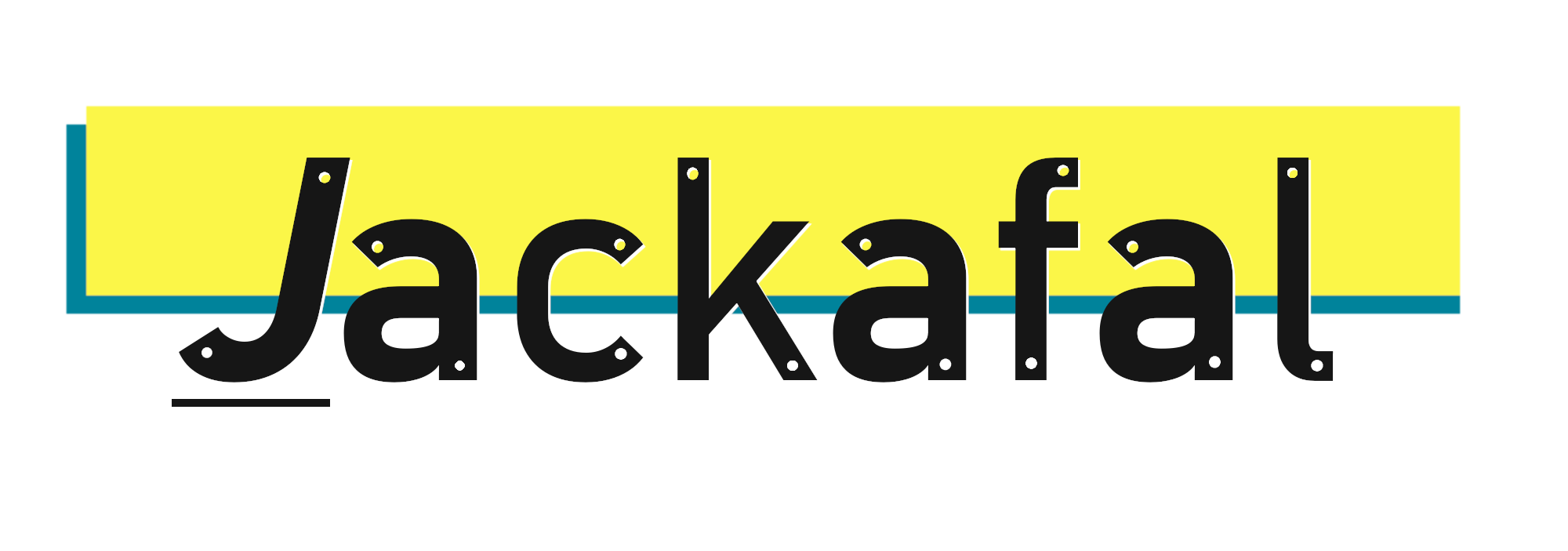Jackafal
How Mental Health Affects Learning
Ever noticed how struggling with your mental health can affect your learning? Jackafal explores the science behind learning and mental health, and gives you some tips on how to support learners with mental health issues in the classroom.
Empty space, drag to resize
Mental health is a discussion that is dear to so many of our hearts. Apart from the fact that 1 in every 8 of us is living with a mental health disorder on a daily basis, all of us have to take care of ourselves and our mental health, and will have times when we can feel we are struggling as a result.
Learning new skills is mentioned time and again as a great way to help improve or protect mental health - but what if you (or your learners) are juggling mental illness with everyday life, and finding it difficult to learn? We’re here to dig into the topic further, and give you some insights on how to consider this in the context of the classroom.
Empty space, drag to resize
Empty space, drag to resize
The science
Ever had one of those days where you’re struggling with your mental health, and nothing you learn seems to stay in? It’s not just you - it’s science. There are all manner of physiological and psychological reasons why struggling with your mental health can affect learning, including:
-
Decision-making and focus can become impaired by changes to brain chemistry
-
Sleep deprivation caused by mental health disorders can make focusing harder
-
In some cases (such as when battling depression), the part of the brain responsible for memory (the hippocampus) can actually shrink, making it physically harder for us to remember what we’ve learnt.
If you feel like learning is harder when you’re struggling to keep on top of things, you’re not imagining it. The same amount of effort may not go as far as usual.
Empty space, drag to resize
So why bother learning?
Because (and this is true for all learning), it’s not all just about ‘how much you can remember’. It’s also about what value it brings to you as a person. If someone is feeling depressed, anxious, or battling any other kind of mental health challenge, having a small, manageable goal to focus on can sometimes be a useful distraction in an otherwise difficult time. Any achievements made along the way, no matter how small, can also give a great sense of accomplishment and boost self-confidence. While people may not learn ‘as much’ as they would if you were in better mental health, if it brings value to them, that is the most important thing.
Empty space, drag to resize
Surely you're not saying learning will solve all my mental health problems?
Absolutely not, and for some people, it may not be the right thing for them at that point in their mental health journey. Even in small steps, learning new skills takes motivation that sometimes, people simply can’t muster if they’re struggling with their mental health. It’s just one potential tool in a long, hard process that may help some people.
Empty space, drag to resize
Making teaching materials more inclusive for mental health
One of the tricky things about helping people with mental health issues is that inherently, mental health disorders and struggles are not logical. That said, there are a few things that it is important to be flexible about, that you can adjust according to the needs of the people in the room. Click the headings below to explore some ideas.
Personal information
While you may want to encourage learners to share how they’re feeling today, or memories and stories relevant to the exercises you’re exploring, never force people to share this in a mandatory fashion. Instead, offer people the opportunity to share, and prepare your own examples for if nobody is comfortable or able to share their own.
Pressure and anxiety
Especially when you have a less responsive group of learners, it can be tempting to ramp up the pressure and reinforce repeatedly how they need to progress in their area or else they will [insert consequence here, such as failing an exam, putting a job at risk, facing legal challenges etc.]. While it is important to be honest with learners about the requirements of any material you’re teaching and their responsibility as professionals, ramping up the pressure on purpose is both detrimental to those who are already struggling with anxiety and depression, and also potentially threatens the mental wellness of other learners in the class.
Autonomy is key
Letting people learn in their own way, and at their own pace, is a key tenet of all inclusive learning. While having a group class means you may not be able to modify every exercise entirely, offering people options such as keeping their cameras off, completing activities in groups or individually, or typing in the chat vs. unmuting can provide people with mental health struggles a great way to get involved without having to push themselves into a space they’re not comfortable with.
Criticise the point, not the person
When struggling with mental health issues, it can be particularly difficult to maintain your normal sense of self-esteem and confidence. Rejection sensitive dysphoria (RSD) can be a symptom related to mental ill health of many kinds (as well as for some types of neurodiversity). While you cannot 100% mitigate against this, you can do your best to minimise its effects in a learning environment by focusing on how the learner can build and make their work better in future, with a strong emphasis on the fact that they are still a valuable member of the class irrespective of any potential room for improvement in your discipline.
Celebrate the small wins
Given a sense of achievement can be a great boost to self-esteem and help to motivate learners struggling with their mental health, be sure to celebrate the small wins. It doesn’t need to be a test or a larger project to be worthy of praise: did someone give a great answer to a question in a session? Did someone speak up when they’re normally quite silent? Celebrate all those small wins!
Empty space, drag to resize
While the advice in this article is aimed at learners with mental health difficulties, it is in fact equally useful for all learners. As learners or instructors, anything we can do to build an environment of psychological safety around our learning experiences, celebrate the small wins and take the pressure off ourselves to tick boxes, is both a great thing for our learning experiences, and also for us holistically as a person.
Empty space, drag to resize
Copyright © Jackafal Ltd. 2024
Write your awesome label here.
Keep up to date
Want updates on new free courses, new articles and exclusive offers just for subscribers? Enter your email address to join our mailing list below.
Thank you!


